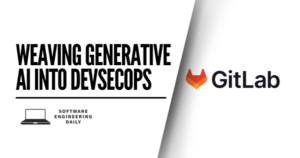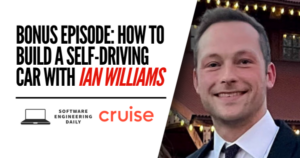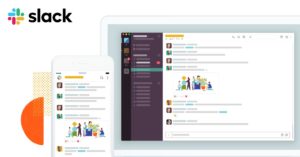Splice: Music Collaboration with Matt Aimonetti
Podcast: Play in new window | Download
Subscribe: RSS


Music collaboration has historically been accomplished by musicians gathering in bands. A band is usually an in-person, physical manifestation: a drummer, a guitarist, a piano player. Or, on a large scale, a symphony of classical instruments led by a conductor. Today, the most flexible instrument that anyone can play is arguably the computer, because a computer can simulate or replay any of the sounds made by any other instrument.
Another advantage of the computer is that it removes physicality as a constraint on the musician. A computer musician does not have to train their muscles to play piano, or guitar, or drums. The computer musician can imagine a sound and bring it to life inside a digital audio workstation (a program for composing and arranging music).
The rise of the computer musician has coincided with a change in the way popular music is created. Instead of bands needing to work together to create a piece of music, a single producer can simulate all of the members of the band by programming piano, drums, and everything else.
The rise of the solo producer has given birth to new kinds of music–but solo music production inherently limits the range of musical ideas that can be explored. The most important works of art have input from multiple people. And even the most successful solo producers love to work with other artists who have a complementary skill–such as vocals.
For the last twenty years, the model of solo producer working with pop vocalist has largely dominated the charts. Musical collaboration has stuck to a model that mimics its pre-Internet form, with very small groups of 1-5 people making the core of a song. The main tools that people use to collaborate are email and Dropbox.
Splice is a tool for music collaboration. Splice combines version control, revision history, social networking, sample discovery, synthesizer rental, and other features. Splice is changing the way that music is created, with a large percentage of top producers adopting it. The impact Splice has on music will be on par with what Github has done for software engineering.
Matt Aimonetti is the CTO and co-founder of Splice, and he joins the show to talk about the founding story, the product development, and the engineering of Splice.
Transcript
Transcript provided by We Edit Podcasts. Software Engineering Daily listeners can go to weeditpodcasts.com/sed to get 20% off the first two months of audio editing and transcription services. Thanks to We Edit Podcasts for partnering with SE Daily. Please click here to view this show’s transcript.



















